PET-recycling – Thermoplastic-elastomers 14-05-2022 - Arhive
PET-recycling – Thermoplastic-elastomers
-Heraeus invests for a majority share in PET recycling firm
Heraeus Holding GmbH, a Fortune 500 corporation, stated that it has invested significant stock in perPETual Technologies, a PET recycling firm situated in Kleinostheim, Germany.
Heraeus chose to rebrand the firm “revalyu Resources GmbH” in order to pursue worldwide expansion under one brand.
PET (polyethylene terephthalate) is the most prevalent thermoplastic polymer resin of the polyester family and is used in textiles, liquid and food packing containers, thermoforming for manufacturing, and many other consumer items.
Revalyu has created a revolutionary, ecologically sustainable depolymerization technique for recycling post-consumer PET bottles into sustainable esters (monomers), which are the basic chemical building blocks for everything polyester-based. Revalyu’s Polymer may be utilized to create high-quality, long-lasting PET goods. In its current production plant in Nashik, India, the firm manufactures filament yarns for the textile industry. It presently employs around 300 individuals.
Jan Rinnert, chairman of the board of managing directors and CEO of Heraeus Holding GmbH, said that revalyu is driven by innovation and fits nicely within their portfolio. According to Rinnert, Heraeus’ worldwide strength will offer the funding, infrastructure, and strategic support required to drive revalyu’s growth. They intend to grow the company into one of the world’s largest and most technologically sophisticated PET recycling firms. PET-recycling – Thermoplastic-elastomers
Dr. Vivek Tandon, founder of perPETual Technologies to be renamed revalyu Resources, said that they were the first to recycle PET bottles. They have built the world’s most innovative, technology-leading, and environmentally sustainable PET recycling plant in Nashik, India, after several years of hard work by the team and support from our shareholders and customers.
Vikram Nagargoje, co-founder and COO, said that they’ll work closely with Heraeus to swiftly grow their production capacity in India and abroad. Their goal is to recycle 100 million bottles of used PET bottles per day by 2026, which will be a significant step toward tackling the PET waste problem.
Revalyu’s technology provides a cost-effective continuous recycling process that successfully eliminates dirt and contaminants, resulting in high purity recycled PET. It also requires 91% less energy and 75% less water than traditional PET polymer production techniques. It may be utilized in any PET manufacturing process.
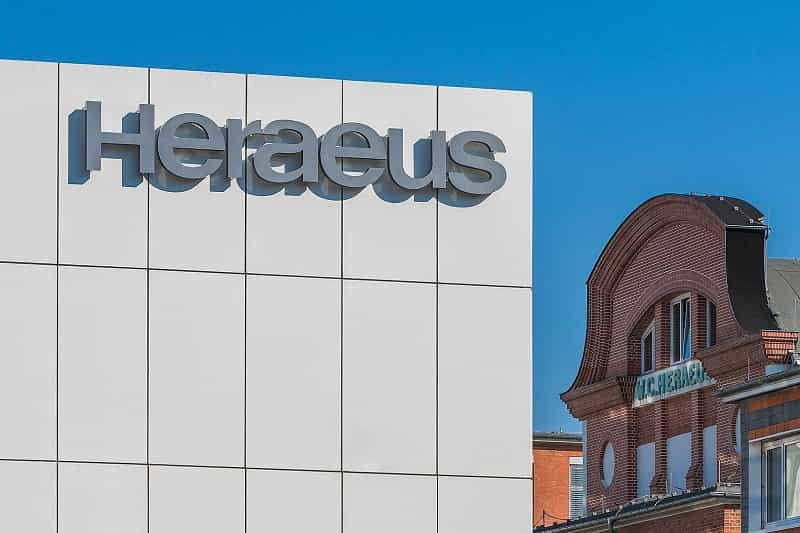
-Plastics Recyclers Europe reports a 13% increase in installed plastics recycling capacity
According to data from Plastics Recyclers Europe, the total installed plastics recycling capacity in Europe increased by 1.1MT in 2020, compared to the previous year, representing a 13% rise. The organisation says that these figures demonstrate the plastics recycling industry’s resilience in the face of challenges including the COVID-19 pandemic, supply shortages, and rising prices.
Opportunities and challenges for PET
In 2020, Plastics Recyclers Europe identified over 650 recycling facilities across Europe, with the dataset encompassing the 27 EU countries, as well as the UK, Norway, and Switzerland. This corresponds with an installed capacity of approximately 9.6 million tonnes and an annual turnover of €7.7 billion. Germany, Italy, Spain, the UK, and France reportedly have the highest capacities for plastic waste recycling.
PET had the highest installed capacity overall with 29% attributed to this polymer in 2020, Plastics Recyclers Europe claims. PET-recycling – Thermoplastic-elastomers
According to another report released earlier this year by Plastics Recyclers Europe, PETCORE Europe, Natural Mineral Water Europe (NMWE), and UNESDA Soft Drinks Europe, the net demand for PET in Europe was 5.1MT in 2020, with consumption of PET across applications increasing. Around 1.3MT of this demand was supplied from recycled PET production. As noted by Zero Waste Europe (ZWE), beverage bottles account for 47% of overall PET demand in the EU.
“PET is a valuable resource uniquely positioned to be recycled back into its original form,” claimed Antonello Ciotti, president of PETCORE Europe, in an interview with Packaging Europe earlier this year. While considered widely recyclable, ZWE estimates that only around 23% of all PET placed on the market is recycled in Europe, which suggests a significant proportion is still being landfilled, incinerated, or is entering the environment as pollution.
The challenges facing the beverage industry provide a useful lens through which to understand PET’s struggle for circularity. Representatives from the European beverage industry have expressed concern over the potential downcycling of PET into non-food-contact applications such as textiles, where products are difficult to recycle again and often end up in landfills, incinerated, or in the environment.
The same organisations have called for a “right of first refusal” for food-grade PET to allow the beverage industry to secure enough rPET to meet EU legislation, such as the Single-Use Packaging Directive (SUPD) which will require all bottles to contain 30% recycled content by 2030. As such, despite the installed capacity for PET recycling, there are ongoing challenges in terms of how rPET is distributed across applications and how this impacts its ability to be recycled indefinitely.
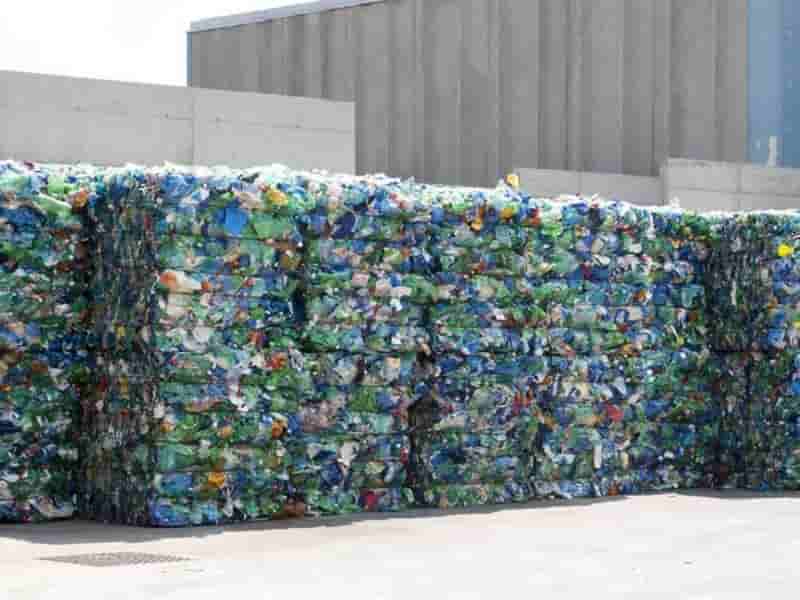
-ACE Green Recycling to build 400,000 square foot battery recycling facility
ACE Green Recycling (ACE) plans to build and operate an emissions-free and sustainable battery recycling park in Texas, U.S. The 400,000 square foot facility will be able to recycle both lead-acid and lithium-ion batteries when fully operational. These batteries are key elements in the automotive, power storage, telecommunications industry, and portable devices like mobile phones and laptops.
The facility is expected to start its first phase of operations in the third quarter of 2023, starting with the recycling of lead-acid batteries using ACE’s proprietary emission-free battery recycling technology and followed by a lithium-ion battery recycling facility in proximity. When operating at full capacity, ACE expects the facility to process and recycle up to 100,000 metric tons of used lead-acid batteries and 20,000 metric tons of used lithium-ion batteries annually by 2025.
Traditionally, battery recycling is done via the smelting process which involves operating at extremely high temperatures – often more than 1,000 °C – with the burning of expensive and polluting fossil fuels, producing significant greenhouse gases (GHG) and exposing workers to hazardous working conditions. Compared to smelting, ACE’s proprietary technologies for both lead-acid and lithium-ion battery recycling are fully electrified with zero carbon emissions and provide higher battery material yields while providing a safer workplace environment. ACE is also exploring opportunities for operating most of its key plant activities with solar energy to reduce the facility’s Scope 2 emissions. PET-recycling – Thermoplastic-elastomers
ACE has identified Texas to locate its flagship battery recycling facility in the United States. With a growing population and easy access to an abundance of spent batteries from automobiles and other industrial sources, Texas is an obvious choice for ACE’s new plant.
Due to the lack of sufficient recycling capacity, the U.S. is currently exporting a large volume of its scrap batteries to Mexico and Asia while importing battery materials back to make new batteries leading to a major value loss.
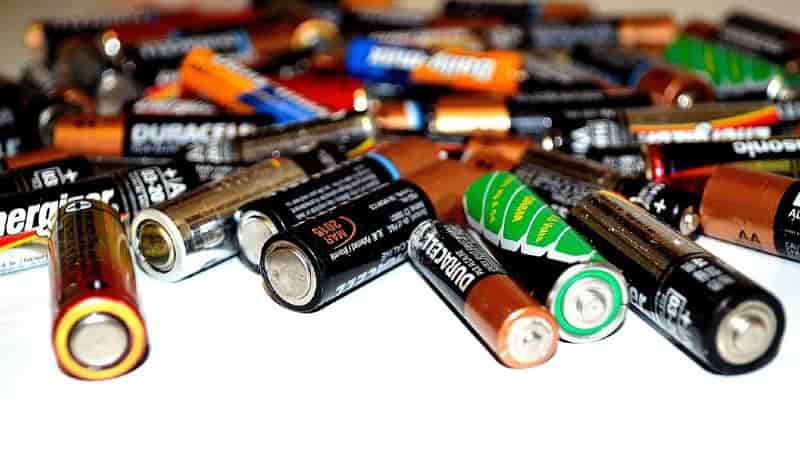
-OMV in talks to take over DSM’s engineering materials
Purchase to expand Austrian group’s chemical portfolio beyond polyolefins
Vienna – Austrian energy company OMV is participating in the second phase of the competitive bidder process currently conducted by DSM for the sale of its engineering materials operations. PET-recycling – Thermoplastic-elastomers
DSM disclosed plans to sell the unit in September last year and has since carved out the business to form DSM Engineering Materials BV.
The division portfolio includes engineering materials, with products such as thermoplastic elastomers (TPEs), polyamides and speciality polyesters.
In a statement 6 May, OMV said the potential acquisition of DMS Engineering Materials would allow it to expand its chemical portfolio beyond polyolefins.
OMV expanded its presence in the chemicals industry in 2020 after increasing its ownership stake in Vienna-based Borealis from 36% to 75%.
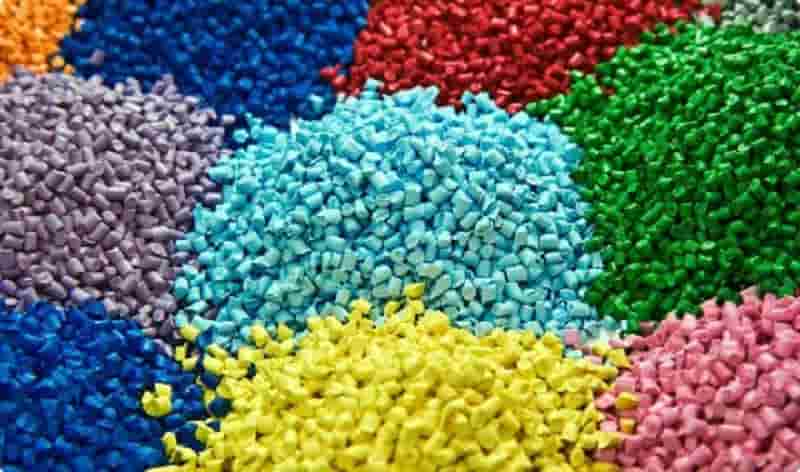
-Another record quarter for Indorama Ventures
Building on its strongest-ever annual sales of $14.6 billion in 2021, Indorama Ventures reports a record first quarter 2022, with sales of $4.444 million up 37% on the first quarter of 2021, and 12% up on the last quarter 2021.
EBITDA for the first quarter 2022 was $650 million, up 77% on the first quarter of 2021 and 41% on the last financial quarter.
All three of IVL’s business segments grew as the company’s leading global position benefited in an environment of higher crude oil prices, increased ocean freight rates and a strengthening US dollar, led by resurging consumer demand and global mobility. PET-recycling – Thermoplastic-elastomers
IVL’s Integrated Oxides and Derivatives (IOD) business is benefiting from a high crude oil price environment, as its shale gas advantage supports MTBE and MEG margins. As ocean freight rates increase, IVL’s PET and Fibers segments are also gaining due to increased import parity pricing in Western markets, where about two thirds of their portfolios are situated. Management’s agile response to hedging and levying surcharges has helped to partially recuperate the surge in energy and utility costs in Europe as a consequence of the Russia-Ukraine conflict.
The reopening of economies bodes well for demand across IVL’s businesses, but China’s ongoing pandemic lockdowns have impacted downstream polyester demand. IVL’s businesses trade in US dollars and a strengthening dollar has had positive impact, reducing conversion costs in emerging economies where IVL has a strong local presence.
“Our integrated product portfolio continues to play a crucial role in the daily lives of consumers, serving end applications focused on elevating safety and well-being,” said CEO D K Agarwal. “This is the cornerstone of our resiliency and has allowed the company to successfully weather volatility and uncertainty. At the same time, our strong focus on transforming our processes is continuing to yield efficiency gains and drive increased productivity.”
The Hygiene Division of IVL announced price increases of up to 15% on all of its fibres from December 1st, 2021, or as contracts allowed, including on polypropylene, polyester, recycled polyester, polylactic acid (PLA) and bicomponent fibres.
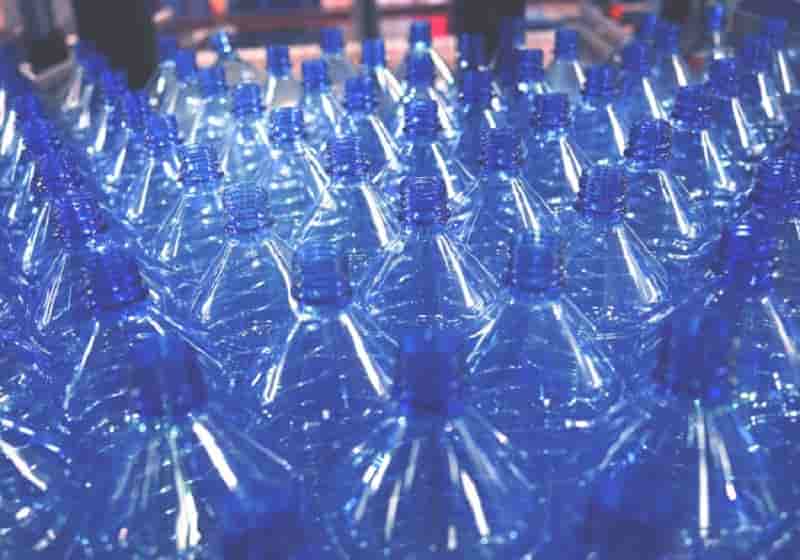
-Affordable route to industrial-scale PET recycling
A new enzyme variant can break down PET polyester in just 24 hours.
The enzyme, created by engineers and scientists at the University of Texas at Austin, was able to complete a circular process of breaking down the PET into smaller parts (depolymerization) and then chemically putting it back together (repolymerization). It has the potential to supercharge recycling on a large scale that would allow major industries to reduce their environmental impact by recovering and reusing plastics at the molecular level. PET-recycling – Thermoplastic-elastomers
Researchers at the Cockrell School of Engineering and College of Natural Sciences used a machine learning model to generate novel mutations to a natural enzyme called PETase that allows bacteria to degrade PET plastics. The model predicts which mutations in these enzymes would accomplish the goal of quickly depolymerizing post-consumer waste plastic at low temperatures.
Through this process, which included studying 51 different post-consumer plastic containers, five different polyester fibres and fabrics and water bottles all made from PET, the researchers proved the effectiveness of the enzyme, which they are calling FAST-PETase (functional, active, stable and tolerant PETase).
Mechanical recycling is the most obvious way to cut down on plastic waste. but globally, less than 10% of all plastic has been recycled. Alternative industrial recycling processes include very energy-intensive processes of glycolysis, pyrolysis, and/or methanolysis.
Biological solutions take much less energy. Research on enzymes for plastic recycling has advanced during the past 15 years but until now, no one had been able to figure out how to make enzymes that could operate efficiently at low temperatures to make them both portable and affordable at large industrial scale. FAST-PETase can perform the process at less than 50°C.
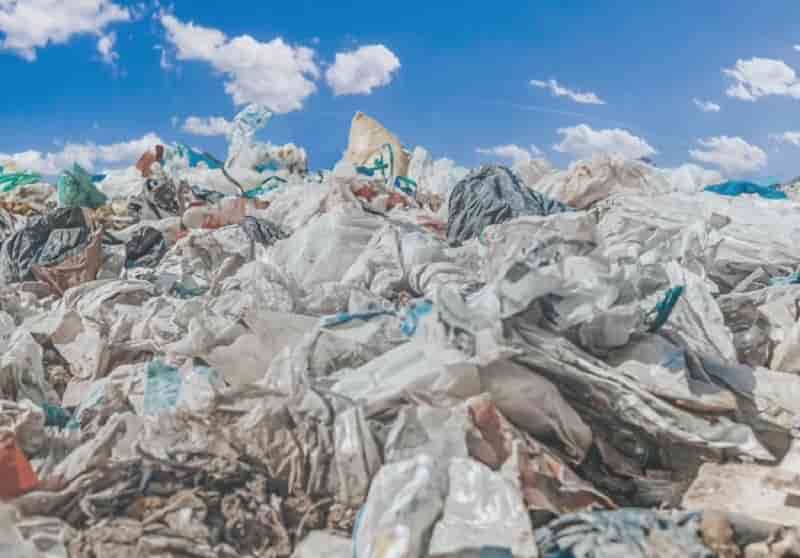
PET-recycling – Thermoplastic-elastomers
